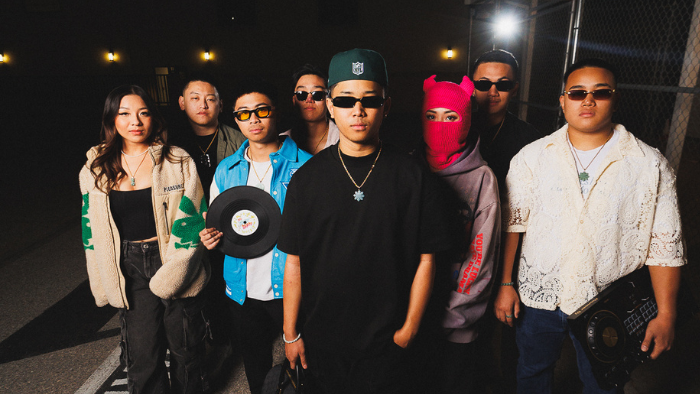Being a teenager, as Olivia Rodrigo says, is brutal. It’s one thing everyone can agree on. And, if personally making one’s way through high school didn’t prove dire, then parsing through the myriad of teen shows our world has to offer will guarantee the theatrics—well, at least for some.
The classics that built up the genre, “Degrassi“, “The O.C.“, “One Tree Hill“, and more, spent airtime centering white teenagedom, with characters of Asian heritage taking the backseat or being written off within a couple of episodes. Thankfully, it’s 2023, and author and showrunner Jenny Han is adding to the teen drama index with fervor. This year, her two series, “The Summer I Turned Pretty” and “XO, Kitty“, took the genre to familiar and fresh places with Asian protagonists in the driver’s seat—granting API viewers a chance to see themselves at the center of formative high school shenanigans.
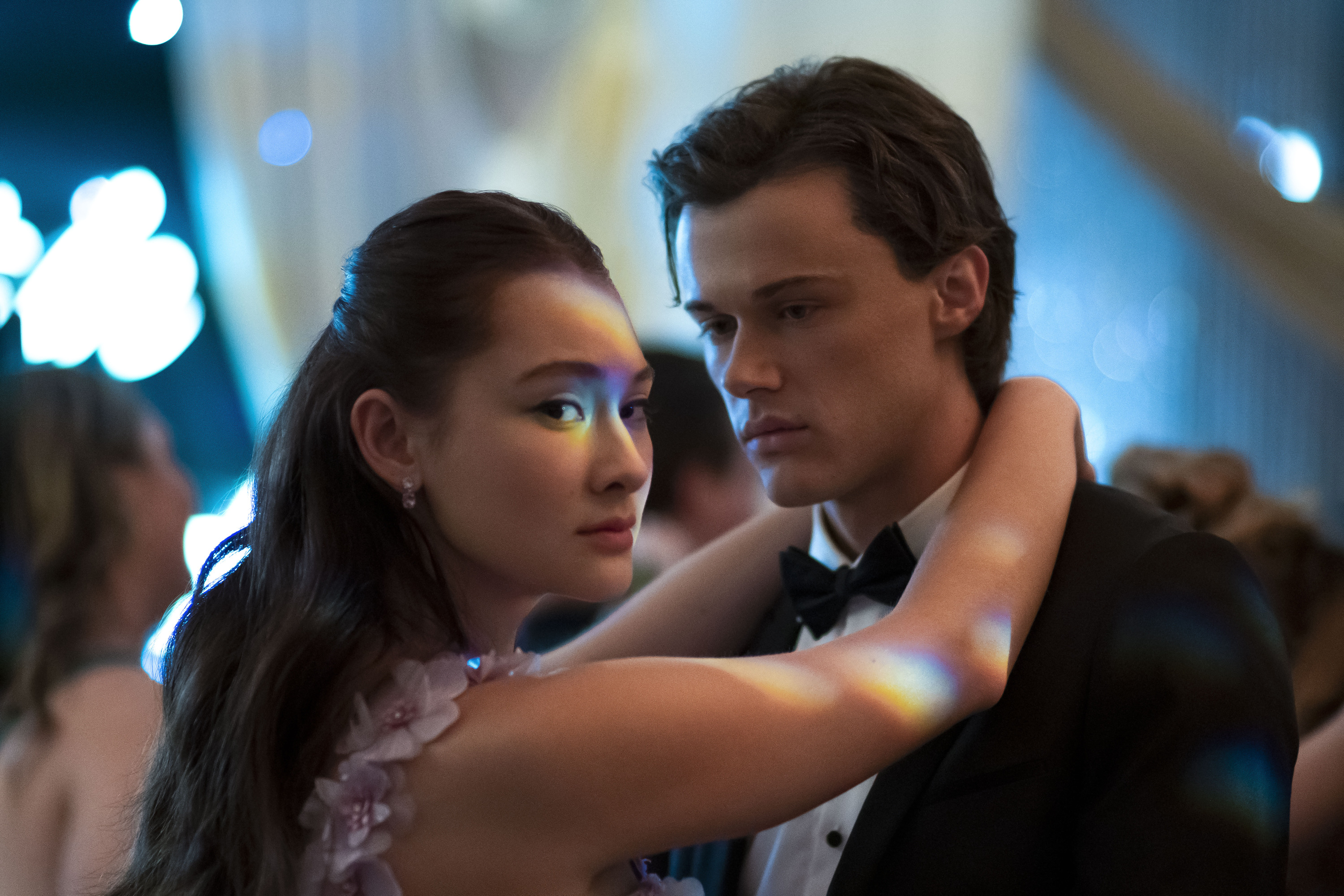
In “The Summer I Turned Pretty”, Isabel “Belly” Conklin (Lola Tung) is in love with two boys. It sounds like a cut-and-dry love triangle, but not exactly. Her suitors are brothers, Jeremiah “Jere” (Gavin Casalegno) and Conrad “Connie” Fisher (Christopher Briney). The plot heavily revolves around Belly’s romances, but there are other indicators of the teen drama genre, too: friendship betrayals, school problems, parental divorce, terminal illness; the list goes on.
The show’s second season, which premiered in July of 2023, ignited a battle of the love interests reminiscent of the Team Edward versus Team Jacob debate of the late 2000s. Team Jeremiah or Team Conrad? Millennial interest in the series has been notable enough to warrant articles from Harper’s Bazaar and Esquire. Senior culture writer for the latter, Henry Wong, details in one piece, “On TikTok … posts about ‘millennials watching the summer I turned pretty’ have been watched over 5 million times.” He goes on to attribute the show’s popularity with non-teens to its easy plotline, accessible cultural touchstones, and a blank canvas for wish fulfillment to put viewers in Belly’s shoes.

Ashley Smith, a communications professor who teaches about diversity and inclusion in mass media at DePaul University, sees a mix of factors. “Watching a series where drama [is] heightened for entertainment value probably feels cathartic to many viewers,” Smith says. “[These shows] may not represent realistic situations with their hyperbolic drama, but there is an emotional truth to what is being represented, especially when you’re a teen and experiencing some of these situations for the first time.” Smith goes on to explain how nostalgia plays a big role in older audience’s interest in the genre. “I know a lot of millennial peers who enjoy teen dramas, either because they find it pleasurable to revisit [the ones] they grew up watching, or because more recent content is reminiscent of [the former].”
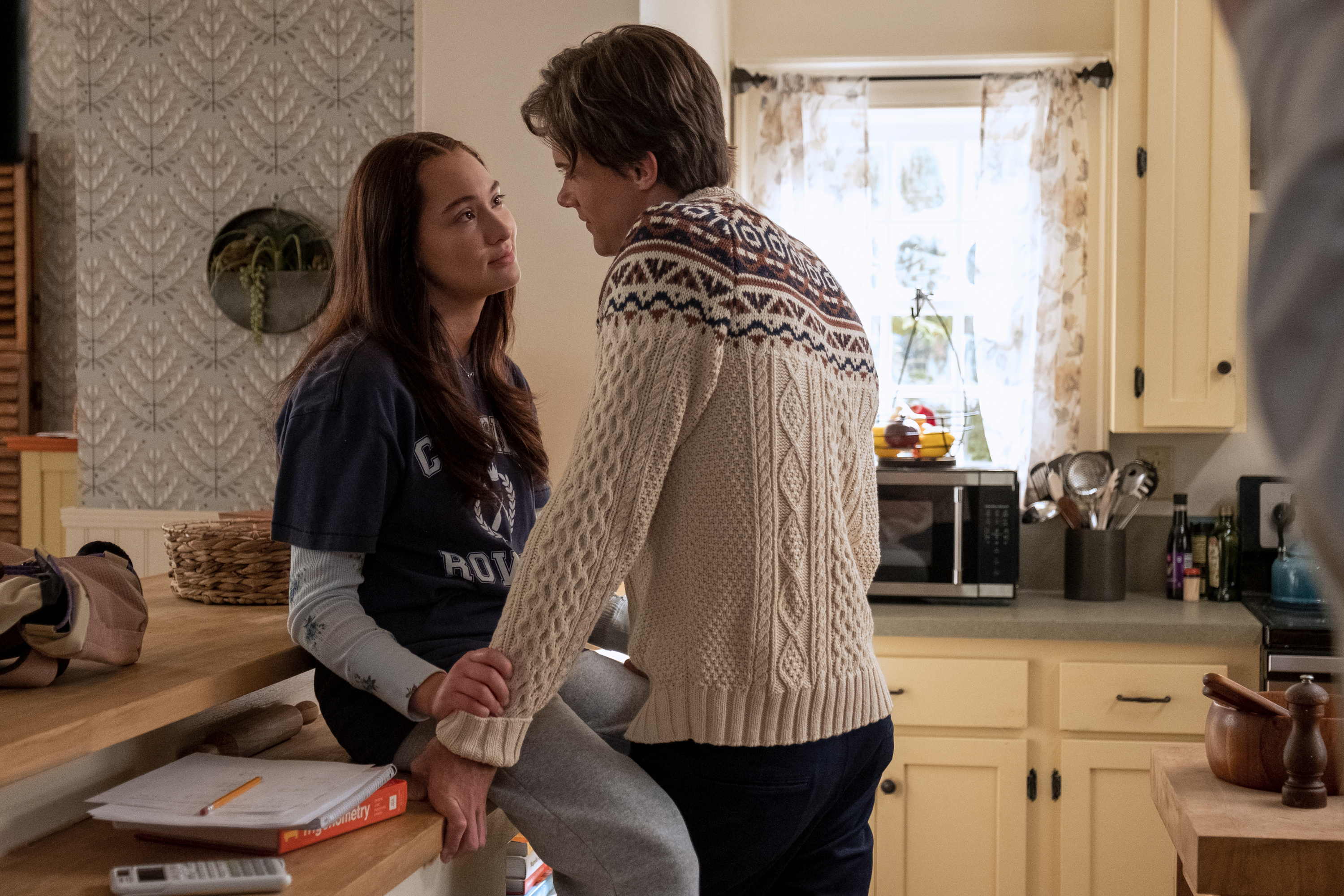
Yes, the genre provides solace for the target teen audiences who are dealing with these issues in real time, but those who are older experience comfort in the same way. As people enter adulthood, focus on interpersonal conflicts intentionally or unintentionally falls to the wayside and is instead directed toward day-to-day obstacles like filling the gas tank, paying bills, and so on. Teen dramas supply an outlet for audiences to not only reconcile feelings from their adolescent past, but also their present. Seeing internal roadblocks tackled in such a magnified way, one can’t help but live vicariously through, or at least find intrigue in, what’s usually tucked away.
And, happily, Han has even kicked it up a notch, making waves in May with the lovable series “XO, Kitty”, her first project to feature a primarily Asian main cast. The series follows well-loved Lara Jean’s little sister, Kitty Song Covey (Anna Cathcart), through (mis)adventures and romance at her Korean boarding school, Korean Independent School of Seoul (KISS for short). At KISS, Kitty reunites with her long-distance boyfriend of four years, Dae (Minyeong Choi), but, in typical teen drama fashion, things get messy fast.
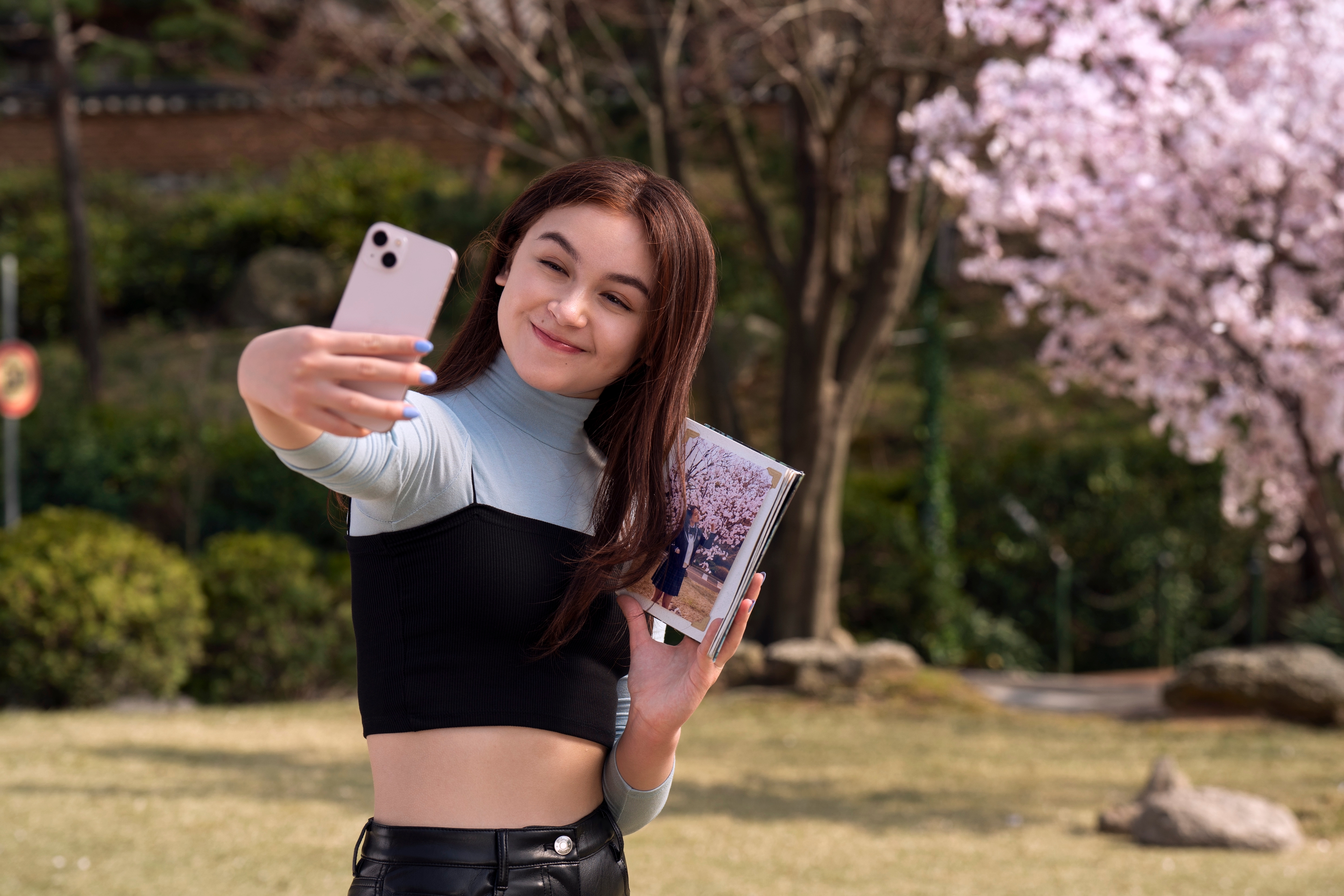
For example, Han involves a love square for good measure and freshens up the script. Practically everyone is queer and in love with the one person who is in love with someone else, who might even be in love with two other people. The queering of “XO, Kitty” is similar to new teen dramas like “Sex Education“, “Heartstopper“, and “Heartbreak High“. Yet the show is so highly influenced by Korean programming that, in many ways, it feels more reminiscent of the camp masterpiece “Boys Over Flowers” (2009). The series doesn’t get it all right; notably, the reality of identifying as LGBTQ+ in South Korea. But in the same way “The Summer I Turned Pretty” is an escape for those wanting to relive an all-American teenhood, “XO, Kitty” and all its melodrama serve as potential escapism for queer APIs.
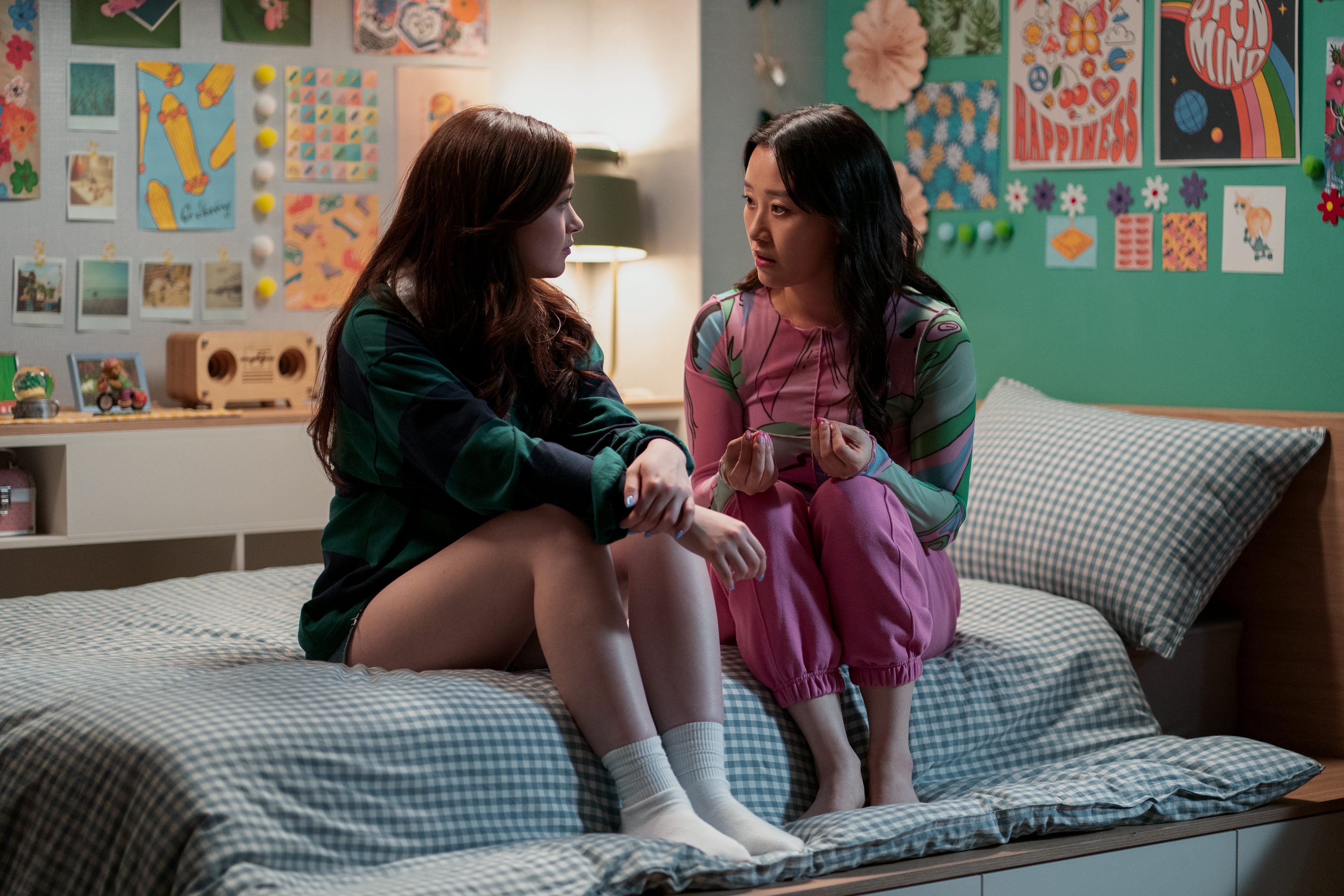
Of course, Han’s work is not free from criticism. As much as she’s known for centering Asian leads, she has come under fire for not extending that same treatment to her love interests or side characters. The majority of her leading men are white, and, before season two of “The Summer I Turned Pretty” dropped, it was announced that one of the show’s few other Asian characters, Shayla Wang (Minnie Mills), had been written out of the series. There was an uproar, with fans and naysayers alike calling to take a closer look at the erasure of “Asian-ness” in Han’s work—why are all of her protagonists half-white? Why is there never a nuanced discussion about identity between characters? Who or what is being framed as desirable?
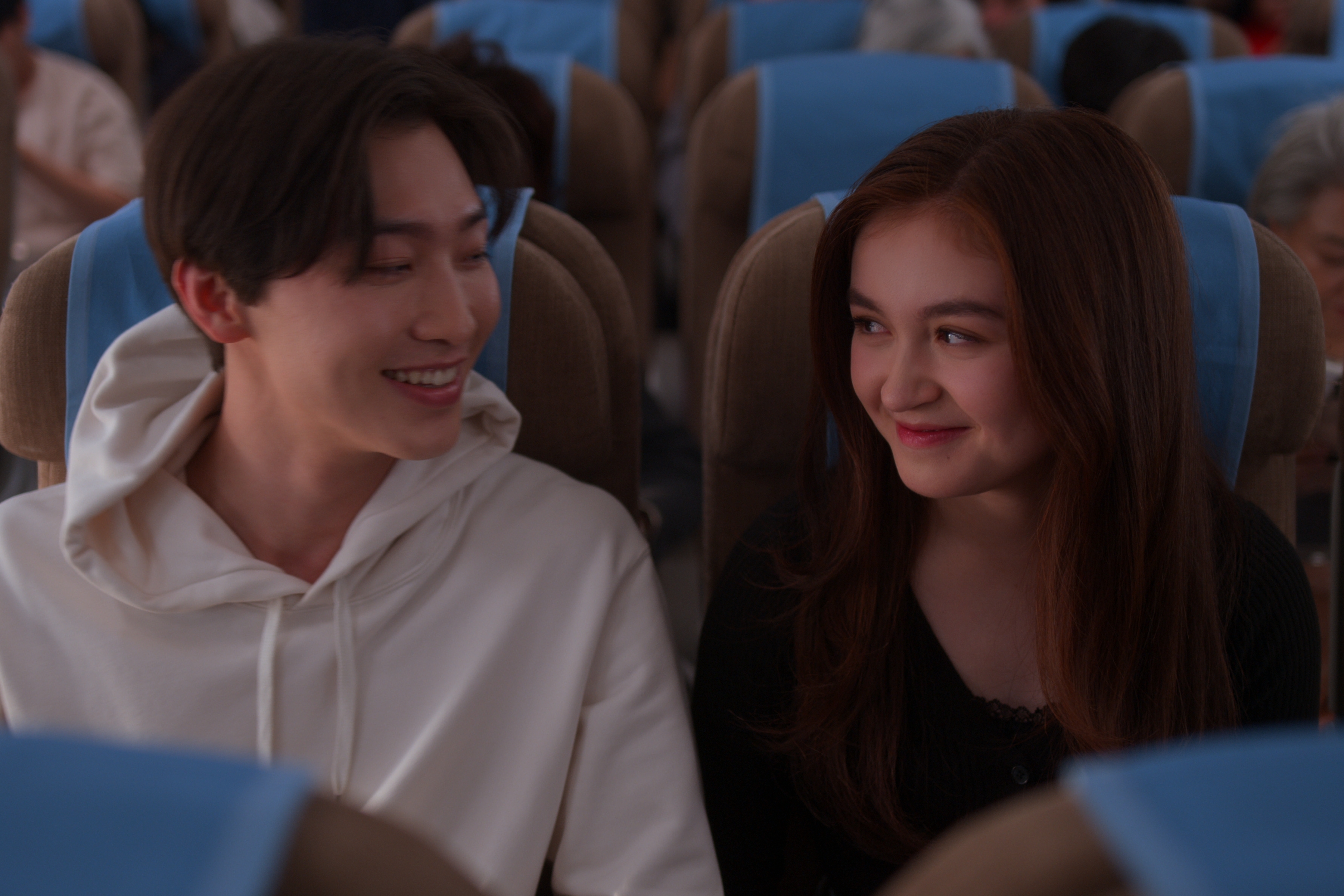
There is always room for more comprehensive storytelling, but still, it’s noteworthy that Han’s teen dramas are sparking these conversations instead of defusing them. It sets up the future of television for even more progressive stories, which, as Han has said in past interviews, is what prompted the making of her work in the first place. “The Summer I Turned Pretty” and “XO, Kitty” address teenagehood through a lens familiar to audiences everywhere, but traipse into new territory in incorporating Asian heritage in the protagonists—which has been a long time coming. These kinds of shows are dismissed as unbelievable and melodramatic, but maybe that’s what they aim to be. With hindsight, almost all decisions made in our adolescence seem inconsequential or silly, but they deserve acknowledgment for the mere sake of acknowledgment. Han is dedicated to carving out this space where APIs are allowed to feel all the feelings, without bounds.
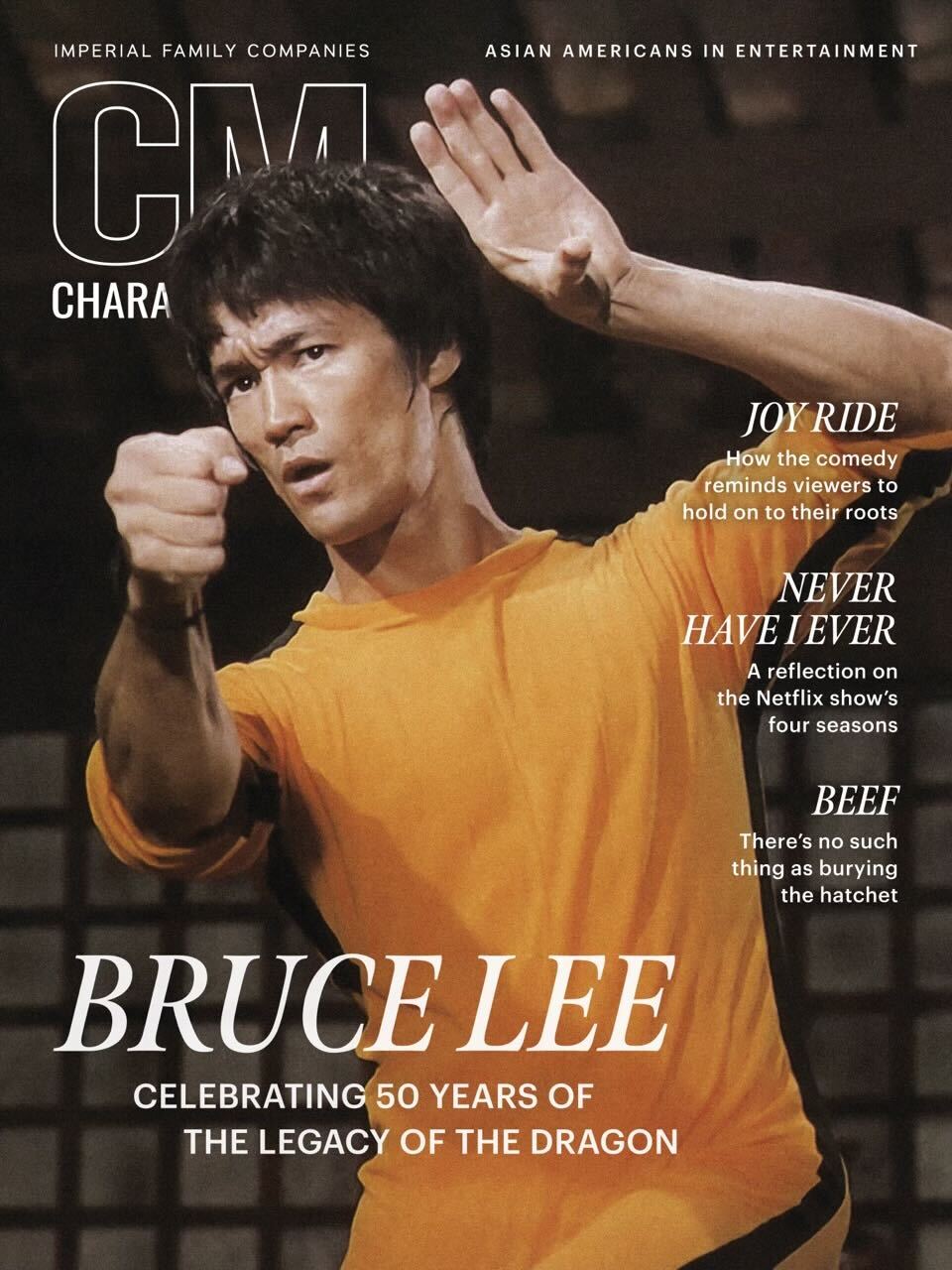
This article appeared in Character Media’s Annual 2023 Issue.
Read our full e-magazine here.


